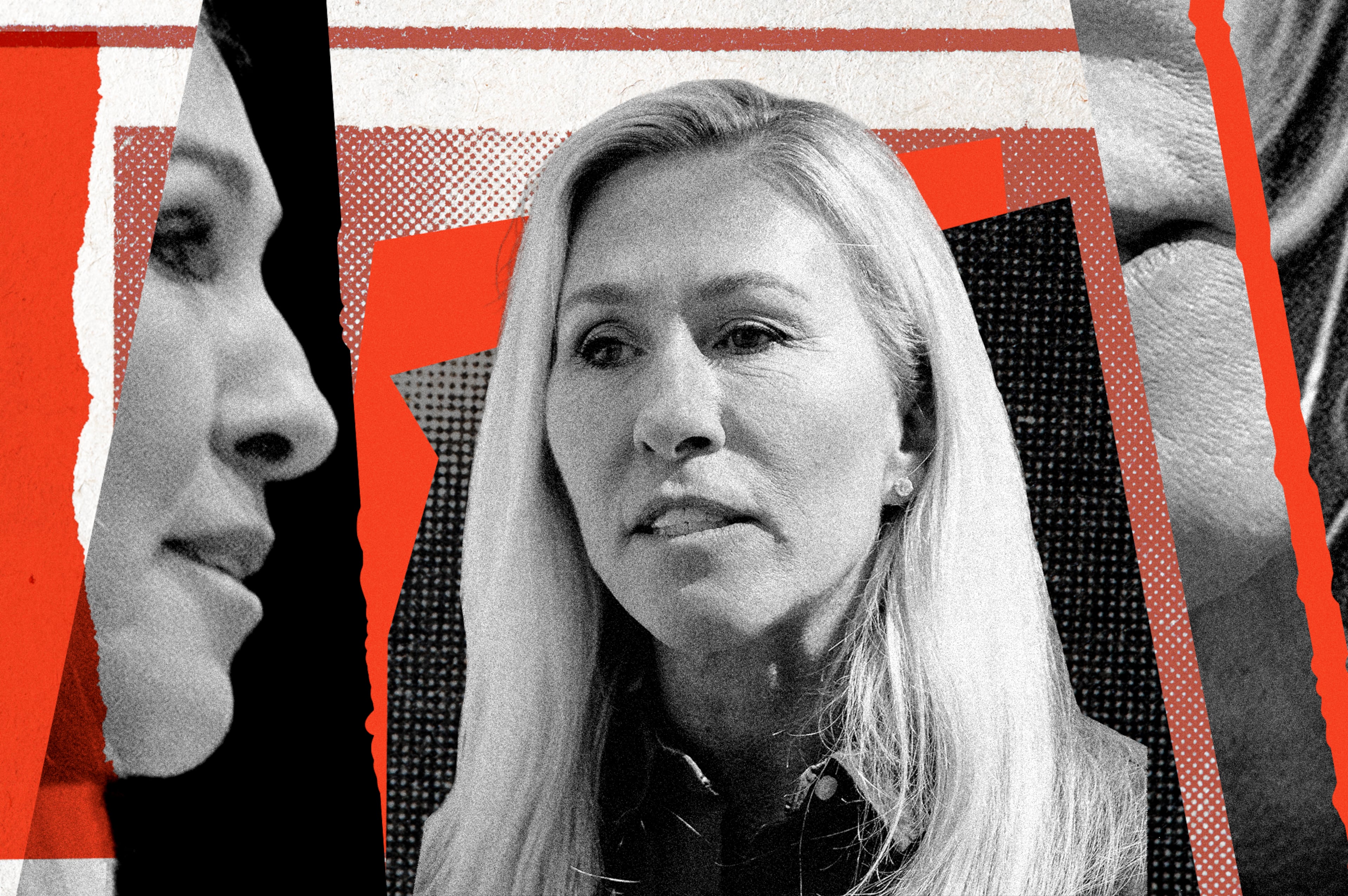AARP-sponsored fitness park coming to Georgia in 2020

Georgia is in line to get an AARP-branded fitness park, one of dozens planned across the nation.
The first such park, which includes stationary equipment for all ages and ability levels, opened earlier this year in Booker Creek Park in St. Petersburg, Florida. The one in Georgia will open sometime in 2020.
A site has not yet been determined.
“This is about building stronger community ties and getting people out of their homes,” said Morie Smile, AARP vice president, Office of Community Engagement.
Over the next three years, AARP will work with national nonprofit FitLot and municipalities to build areas within existing parks in all 50 states, Washington, D.C., Puerto Rico and the U.S. Virgin Islands.
The fitness parks will have 22 stations. Parks must have a large population of individuals ages 50 and older within walking distance.
The initiative is part of AARP’s 60th anniversary celebration.
There are myriad benefits from physical activity, particularly in older adults.
RELATED: Blindness doesn't deter brothers from walking in Peachtree Road Race
There is a strong correlation between low-to-moderate exercise and improvements in physical and emotional health among older adults, including increasing agility and preventing falls.
For instance, nearly three times more adults age 75 and older died from falls in 2016 than in 2000, according to a report in the Journal of the American Medical Association.
RELATED: Emory program in memory declines gets major financial boost
In St. Petersburg, Smile witnessed a person who had lived in the neighborhood for four decades working out. Soon, a young man jogged by, stopped and began working out on pull up bars.
“That’s what we want to see — intergenerational interplay,” she said. “That’s what these parks can really provide.”
At the same time, it can also address isolation among older adults, which can lead to safety issues and depression.

